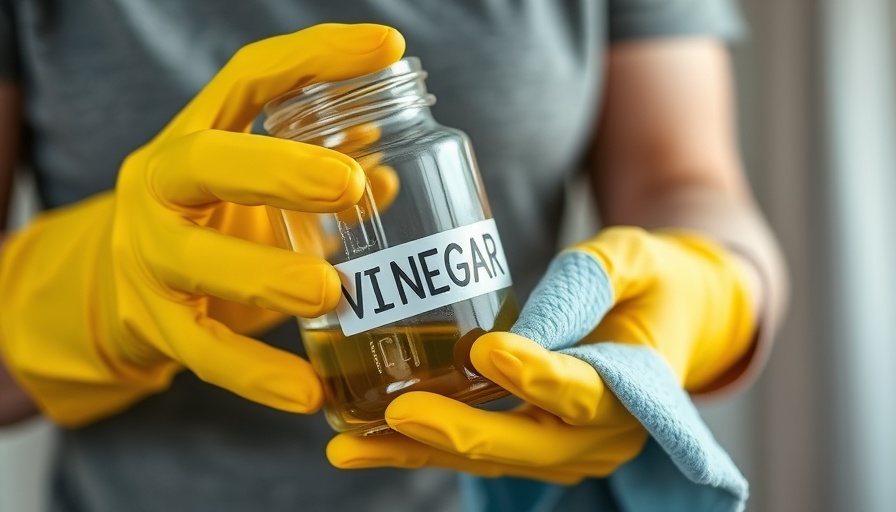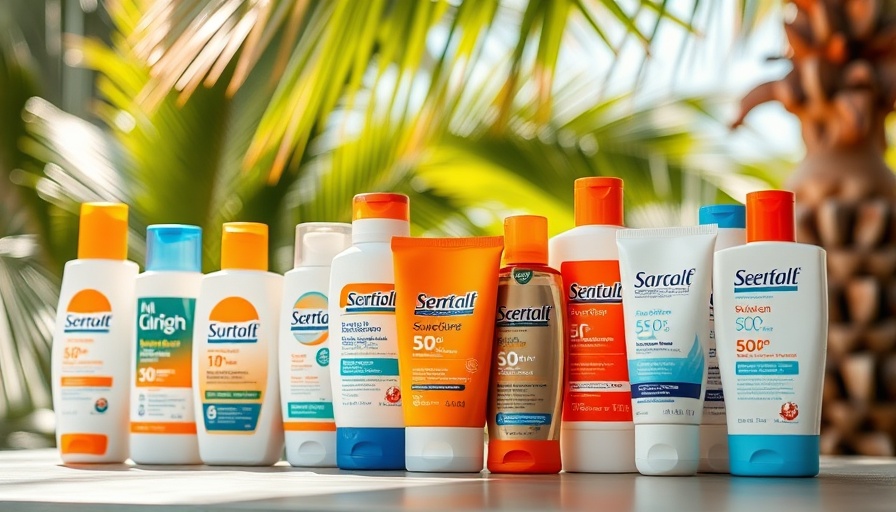
Vinegar: A Cleaning Staple with Hidden Risks
Vinegar has gained a stronghold in the household cleaning arsenal, championed for being affordable, natural, and non-toxic. While it’s effective on many surfaces, it may also have detrimental effects on certain materials and appliances. As DIY culture thrives, particularly on platforms like TikTok, it’s vital to know not only the tips but also the pitfalls of using vinegar as a cleaner.
Understanding the Science Behind Vinegar
Produced through fermentation, vinegar contains acetic acid, a component that provides its pungent aroma and effective cleaning properties. However, this acidity can be damaging, particularly to sensitive surfaces. Knockout cleaning solutions like vinegar can sometimes turn into a handyman nightmare if misused.
Five Surfaces You Should Never Clean with Vinegar
Here are five critical surfaces where vinegar must be avoided:
- Stone Countertops: Vinegar is known to etch granite and marble surfaces. Instead, use a pH-neutral cleaner.
- Electronic Screens: Cleaning your beloved gadgets with vinegar can degrade the protective coatings, leading to cloudy screens. Use distilled water instead.
- Stainless Steel Appliances: Repeated vinegar use can lead to dullness and corrosion over time. A gentle soap solution is preferable.
- Dishwashers: Regular vinegar usage can harm rubber seals, leading to leaks. Stick to manufacturer-recommended cleaners.
- Washing Machines: Just like dishwashers, vinegar can degrade rubber seals here too. Look for specialized washing machine cleaners.
Counterarguments: When Vinegar Shines
Despite these warnings, vinegar still boasts remarkable cleaning virtues. It’s particularly adept at breaking down mineral deposits and eliminating odors, making it ideal for usage in certain contexts. Many professionals advocate for its use in a balanced cleaning regimen where vinegar is paired with gentler cleaning practices.
Future Cleaning Insights
With ongoing research and innovation in cleaning methods, we may see the emergence of safer yet effective alternatives to popular DIY cleaners like vinegar. Ensuring the longevity of household items while maintaining cleanliness is the goal of future cleaning solutions, which promises an easier future for homeowners.
Incorporating Safe Practices
When cleaning your home, it’s essential to adopt safe practices by comparing options. Home maintenance is about making informed decisions to preserve your investments. Consider testing cleaners on inconspicuous areas before applying them broadly, and always consult manufacturer guidelines to ensure compatibility.
Conclusion: A Thoughtful Approach to DIY
As you embark on your next DIY project or home maintenance task, take these insights to heart. Recognizing the limitations of vinegar can save you time and money by preventing damage to your belongings. By adopting best practices and understanding the science of common household items, you'll maintain a clean and safe home with confidence.
For more tips about maintenance and DIY projects, continue exploring trusted sources and steer clear of potential pitfalls. Knowledge empowers homeowners to make the best choices!
 Add Row
Add Row  Add
Add 



 Add Row
Add Row  Add
Add 


Write A Comment